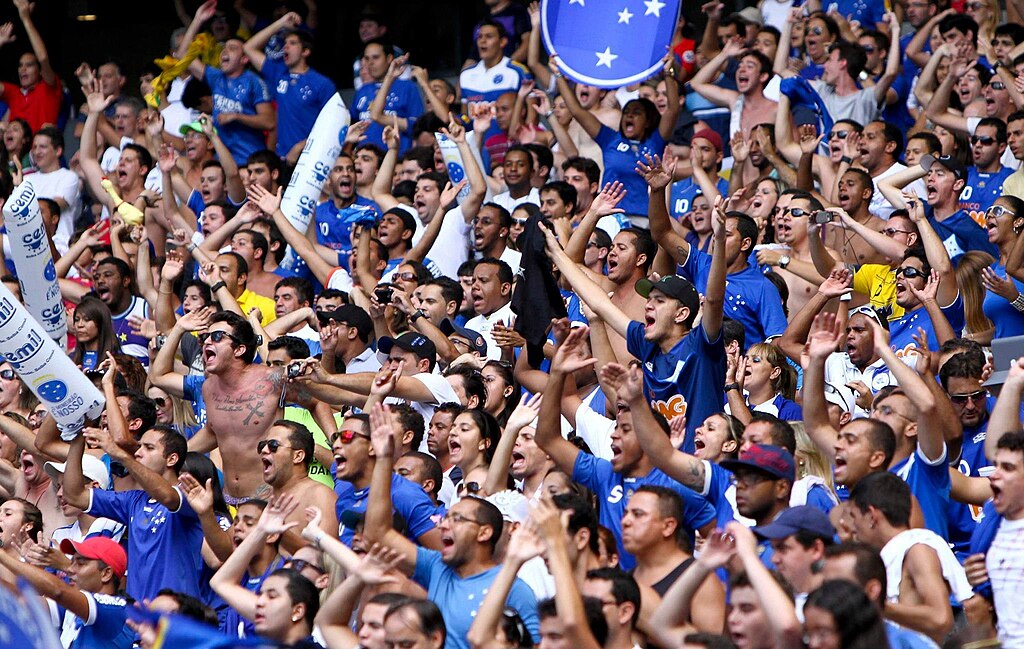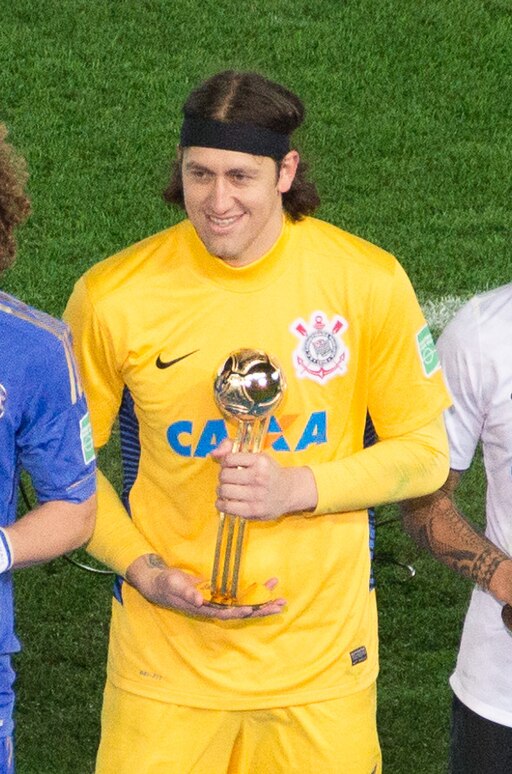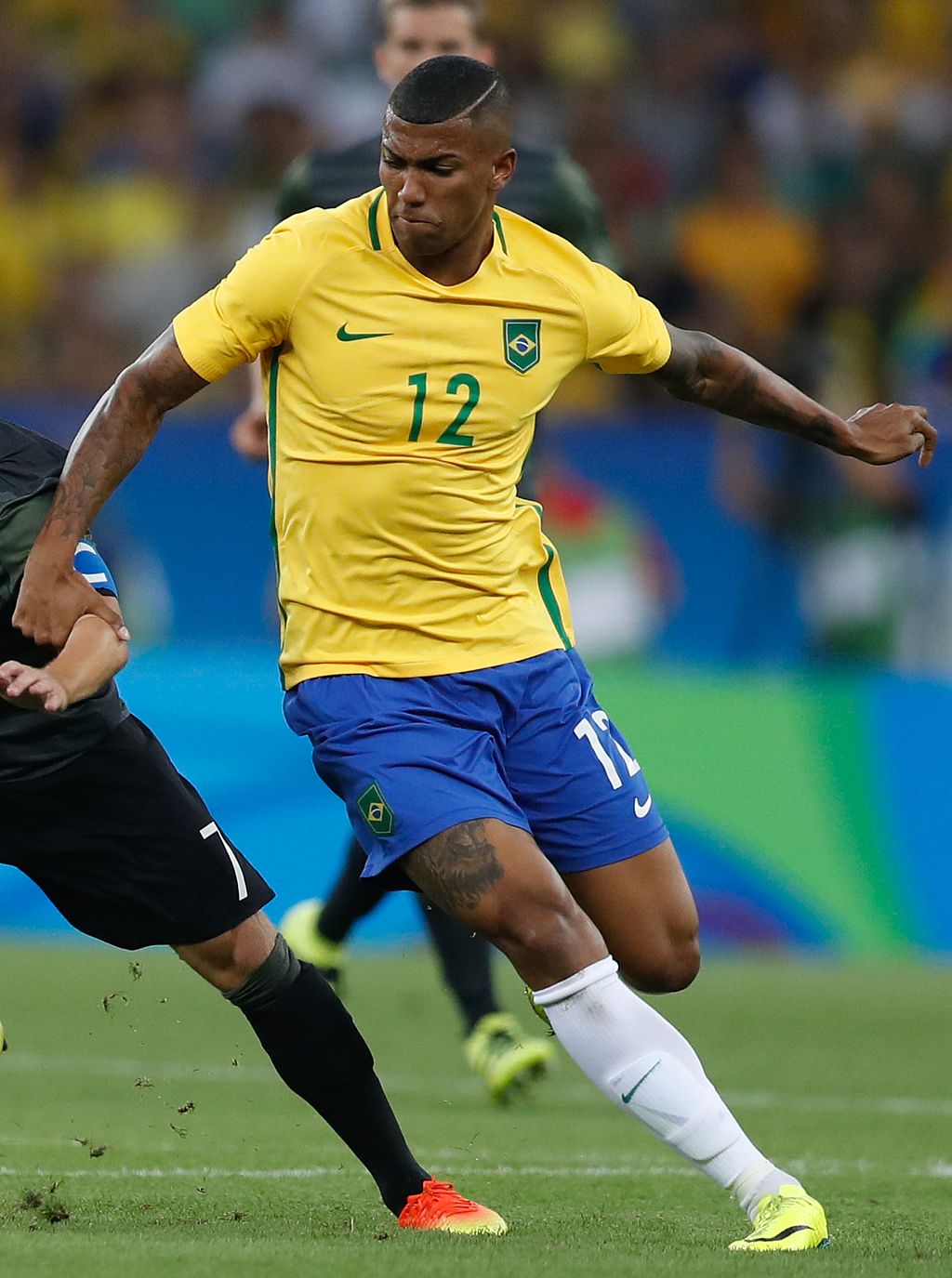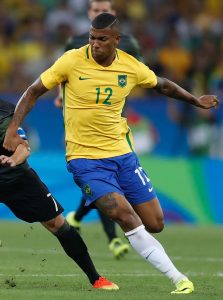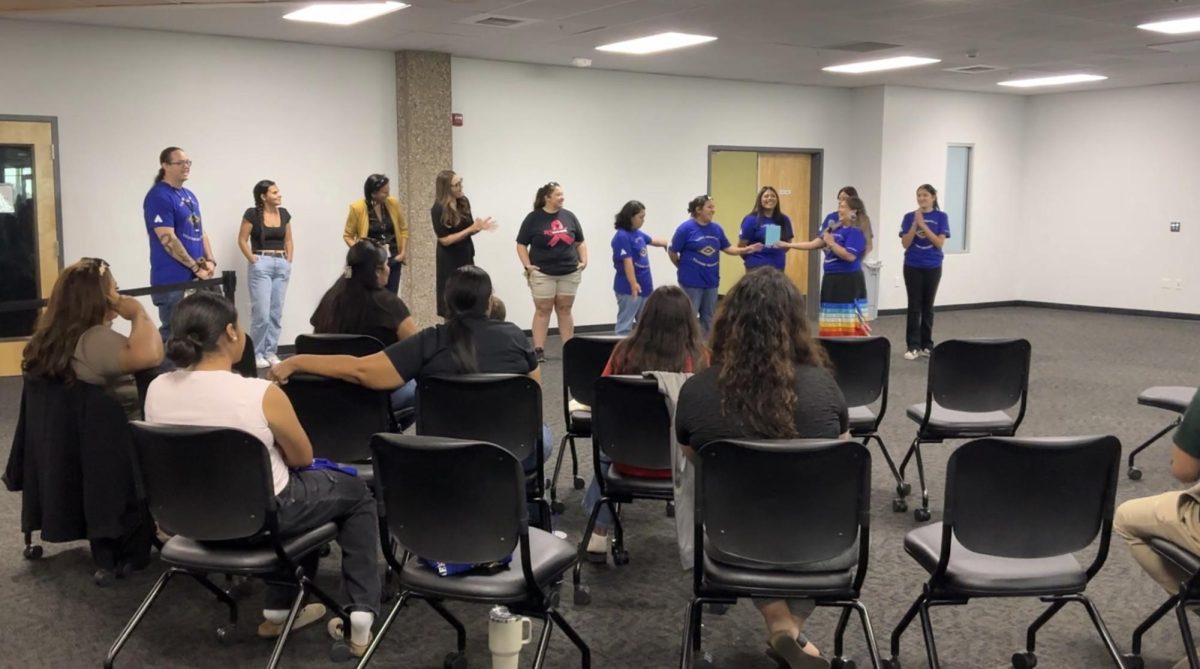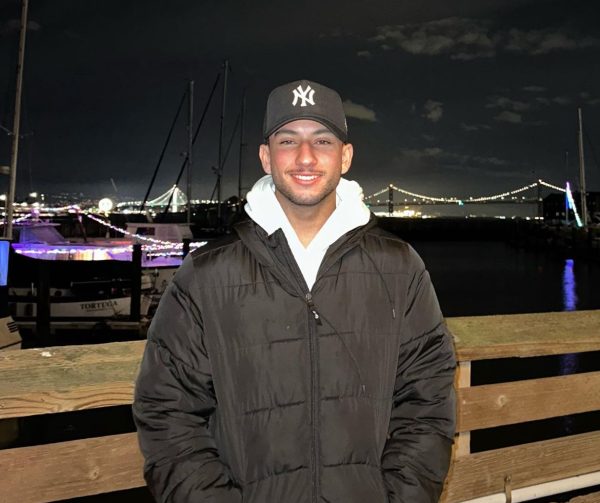Anyone who’s ever been to Sunday school or anything of the sort is very familiar with the story of the Prodigal Son.
This very well-known Bible story, found in the Gospel of Luke 15:11-32, tells a beautiful story of repentance, forgiveness, and redemption.
We’ve all heard it before a wealthy man has a son, the son asks the father for a share of his estate, and the father grants the wish.
The son then leaves home, travels to a distant land, and squanders his wealth recklessly.
As a result of his irresponsible decisions, his life goes downhill, and he ends up finding himself in dire need. He takes a job feeding pigs.
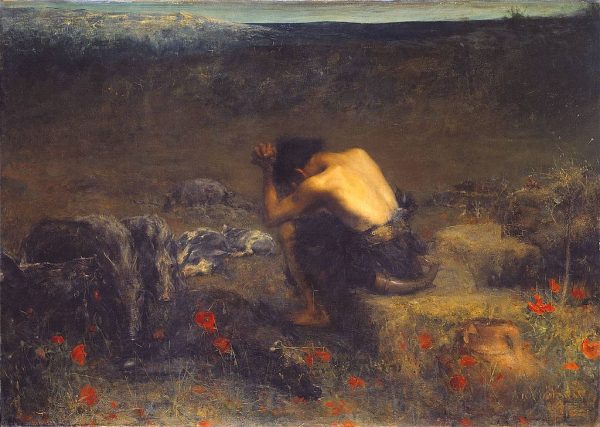
Realizing his mistake, the son decides to return home, hoping to be forgiven for his mistakes and accepted as a servant at his father’s house rather than as a son.
When the son returns home, his father sees him from a distance and is filled with joy and compassion. He runs towards his son, embraces him, and orders a celebration, symbolizing the son’s return to the family. He was lost, and now he is found.
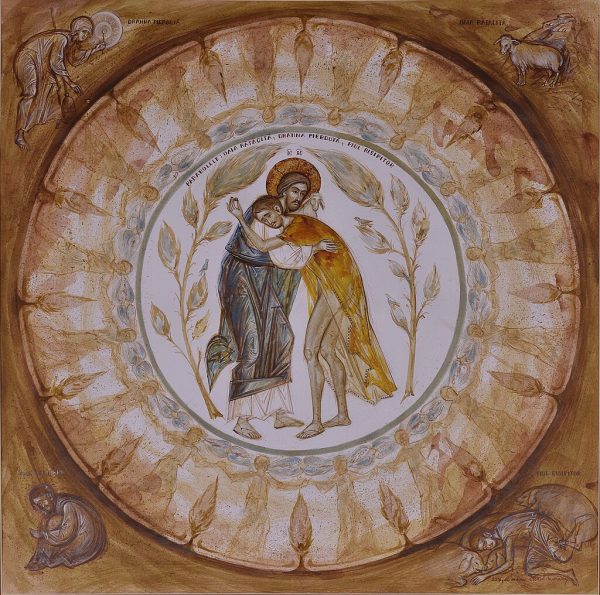
This age-old tale has many themes or lessons in the biblical sense, but it also has an erring resemblance to the journey that the Brazilian team Cruzeiro has gone through in the past few years.
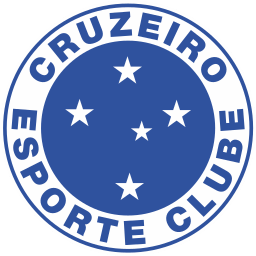
Much like the Prodigal Son who squandered his inheritance on reckless living, Cruzeiro’s downfall came as a result of years of financial excess and administrative missteps.
The years of glory that Cruzeiro was accustomed to living, marked by multiple national and international titles, began to seem like a distant memory, as Cruzeiro found themselves in the second division for years in a row.
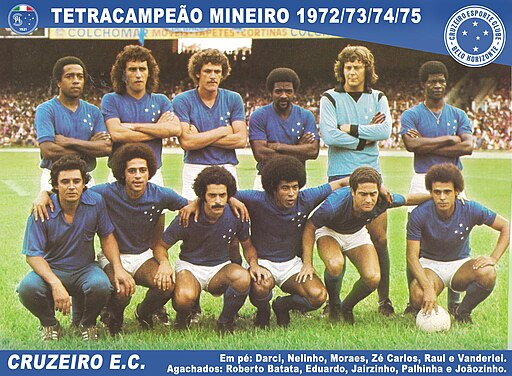
The once mighty giants of Brazil found themselves feeding pigs.
Cruzeiro’s dark days spent in the second division were akin to the Prodigal Son’s time of suffering and realization.
As a result of the club hitting rock bottom, significant internal efforts were made to reignite the spirit that once dominated Brazil. It took Cruzeiro three years in the wilderness of the Brazilian second division before they were finally able to secure promotion back in 2022.
However, the turning point for Cruzeiro occurred a year before, in 2021, when footballing legend Ronaldo Nazário bought the team.
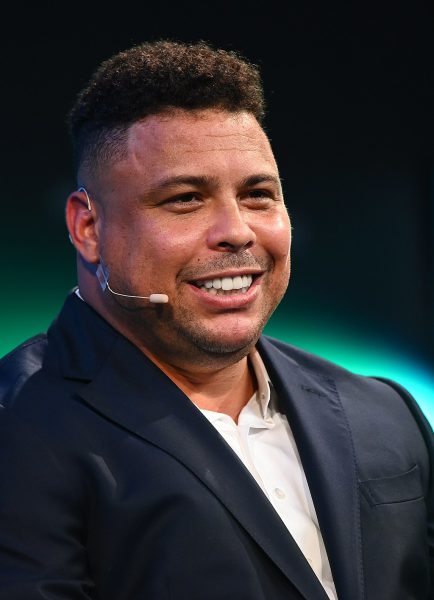
Ronaldo helped Cruzeiro create a competitive team and brought not just financial stability but also a strategic vision that would pave the way for Cruzeiro’s return to the top flight.
With Ronaldo’s help, Cruzeiro clawed their way back to the first division of Brazilian football, marking a revival of the all-powerful “Cabuloso” as Cruzeiro is commonly known.
More recently, in late April, Ronaldo passed on Cruzeiro to the wealthy Brazilian businessman Pedro Lourenço, more commonly known as “Pedrinho BH.”
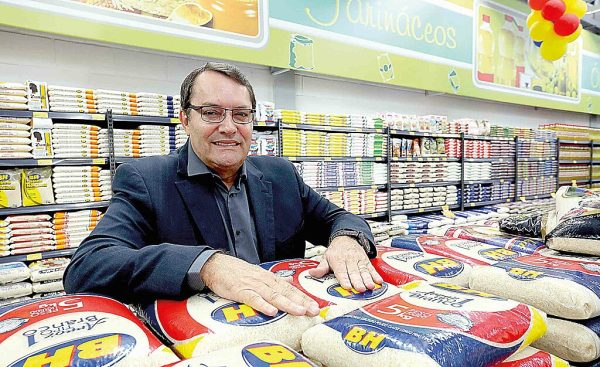
Under Pedrinho’s ownership, Cruzeiro has seen a major transformation. Since Pedro is a lot richer than Ronaldo, he has given the Cabuloso a lot more power in the transfer market.
Since Pedrinho’s acquisition, Cruzeiro has already signed seven players:
Matheus Henrique, a center midfielder from Sassuolo; Walace, a CDM who was playing for Udinese; Johnathan Jesus, a defender who was at Brazilian club Ceará; Lautaro Dias, a striker from Del Valle; Fabrizio Peralta, a midfielder from Cerro Porteño; Kaio Jorge, a promising forward from Juventus; and last but not least, Cruzeiro also signed Cássio, a legendary goalkeeper who was at Corinthians.
All these transfers came as a result of the investment by Pedrinho, and as the transfer window for the Brazilian league just opened, they have just now become eligible to play, although some players had already been practicing with the squad for some time now.
The first game with all the transfers eligible was this Saturday, July 13, in a match against Red Bull Bragantino.
The match, played at the Independência Stadium, in Cruzeiro’s home state, Minas Gerais, ended 2-1 with the “Cabuloso” coming out on top.
The result of the win was Cruzeiro climbing to fifth place in the league standings, with an impressive 29 points gained from 16 matches.
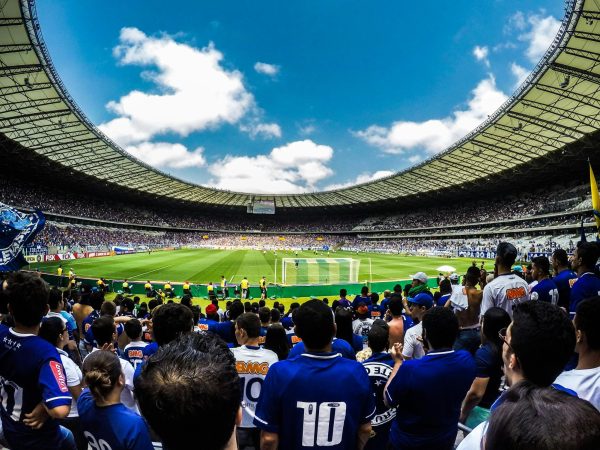
One of the most impressive things about Cruzeiro this season has been their home performances.
The Cabuloso has played seven home games so far and has won all of them, making them the team with the best home record in the Brazilian league so far.
Another thing that cannot be overlooked when talking about Cruzeiro’s return to being a competitive team within Brazil is Matheus Pereira.
The 28-year-old playmaking midfielder has been the standout player for Cruzeiro this season and has been an essential pillar for the team’s recent success.
Simply put, Matheus Pereira is the best midfielder you have never heard about.
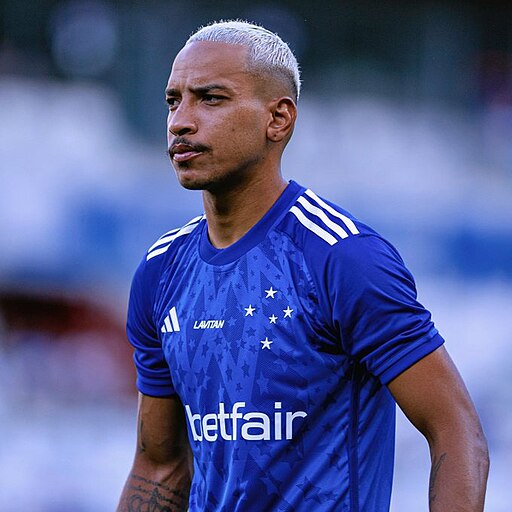
Celsodrx, CC BY-SA 4.0 <https://creativecommons.org/licenses/by-sa/4.0>, via Wikimedia Commons
With 15 matches played this season for the Brazilian league, the left-footed maestro has scored six goals and provided two assists. His consistent performances and ability to create chances from nothing have made him a standout player not only in terms of Cruzeiro’s lineup but of the whole Brazilian league.
Many would even argue it’s time Matheus gets a call-up to the national team, with my personal opinion being that Matheus Pereira has been the best player in this year’s edition of the Brazilian league.
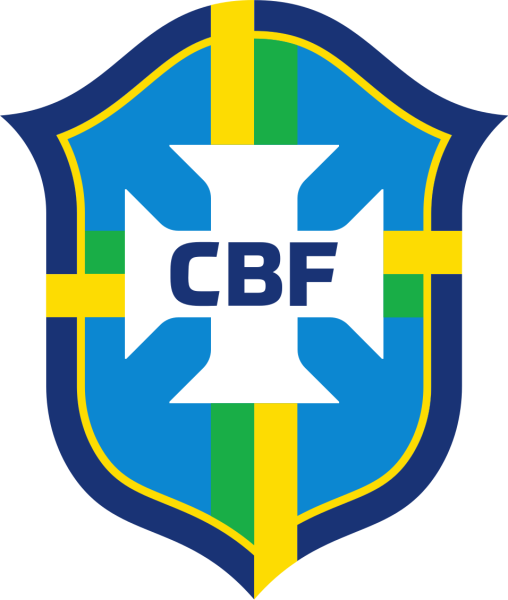
It’s only when all these moving pieces come together: the struggle, the restructuring, the new ownership, the building of a new squad, and the top-level performances that Cruzeiro is finally coming back to be the powerhouse they once were.

I started the article by telling the story of the Prodigal Son, and the further I looked into Cruzeiro’s story for this article, the more evident the similarities between the two became.
Both narratives illustrate themes of loss, realization, repentance, and ultimately, of redemption.
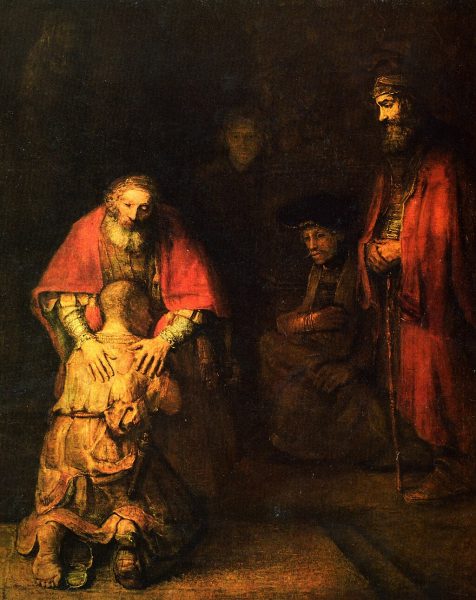
Cruzeiro’s return to prominence in the Brazilian soccer scene is more than just a story of institutional financial recovery; it’s a tale of the enduring spirit of an immortal giant in Brazilian soccer.
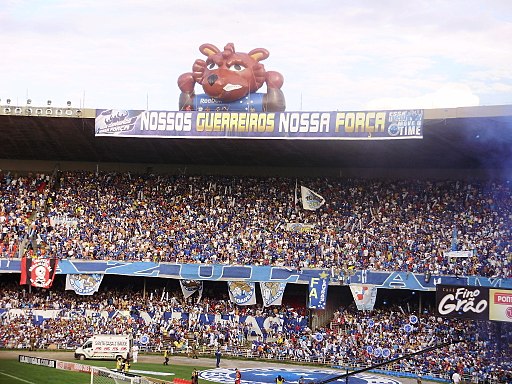
As Cruzeiro continues to rebuild and strive for glory, they, like many other stories from the past, stand as a reminder that even in the darkest times, there is always a path to redemption.


